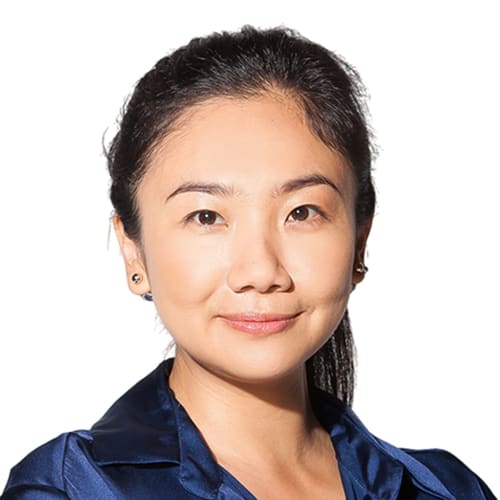Calls for change reverberate in Thailand’s restive south ahead of election
For decades, Thailand’s southern border has seen clashes between separatists and Thai authorities, resulting in numerous casualties and hindering the region’s development. But things may change on Sunday when the country goes to the polls.
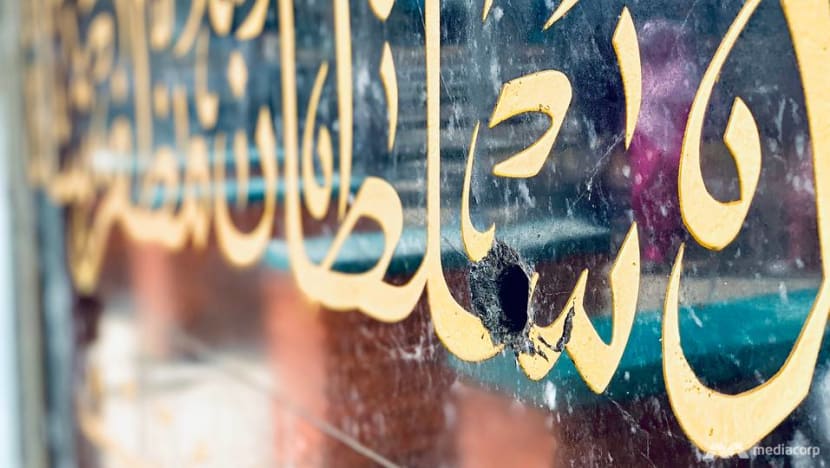
A bullet hole at the entrance to the sacred Krue Se Mosque in Pattani, southern Thailand, where generations of civilians have suffered from armed conflicts between separatists and Thai authorities. (Photo: Pichayada Promchertchoo)
PATTANI, Thailand: Ayoh has a dream for his country – Thailand – where equality transcends race and beliefs and justice would serve all the people.
For decades, the 63-year-old was part of an armed movement called Barisan Revolusi Nasional, or BRN, fighting alongside other militants for what he describes as justice.
The definition could vary among BRN supporters but for Ayoh, it means development in Thailand’s deep south – the three southernmost provinces of Pattani, Yala and Narathiwas – and good governance that does not neglect a prominent demographic in the region, the ethnic Malay Muslim.
READ: Thai parties head into final battle ahead of Sunday vote
“The conflict is not about religion. It’s about justice,” said the former guerrilla, who no longer espouses violence and whose name has been changed to protect his identity.
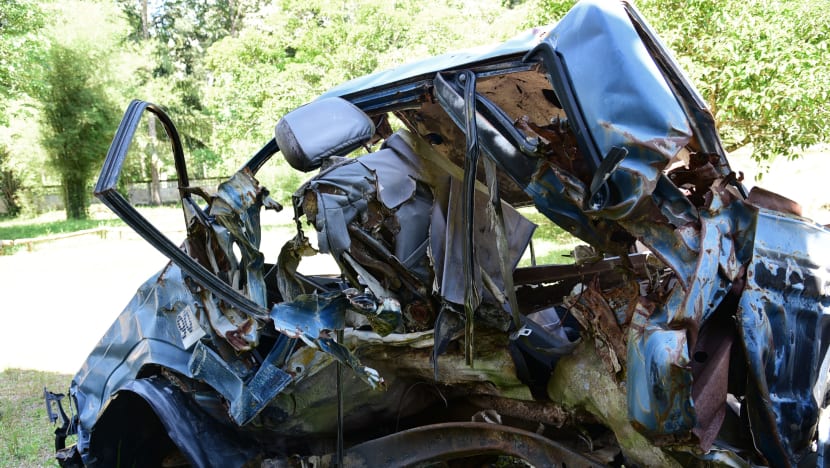
On Sunday (Mar 24), he will join other Thais in casting their ballots for the change they want to see. More than 51 million eligible voters are expected to come out in full force to determine their future at polling stations nationwide. For the first time since the military took power in 2014, Thais will get to choose their own government and Ayoh cannot wait to make his voice heard.
“The election is very important for people in Pattani. We want democracy,” he said.
Democracy lets us voice our needs – something we can’t do under a military rule.
Like many residents in Pattani, Ayoh hopes to see peace in Thailand’s most remote south.
The region is home to the old Malay state of Patani, a formerly prosperous empire in the northern Malay peninsula before the occupation by Thailand – then known as Siam – in the 18th century. Since then, several separatist movements have been formed to attempt to liberate the region from what the militants regard as unjust governance of the Thai state.
LOST IDENTITY
Generations of civilians have been trapped in decades of deep-rooted conflicts and armed violence, which were reignited in 2004. In the past 15 years, the area has been affected by more than 20,000 violent incidents ranging from bombings to gun attacks, according to Pattani-based conflict monitoring group Deep South Watch (DSW).
As of January 2019, nearly 7,000 deaths and more than 13,500 injuries had been recorded. The casualties include both Muslims and Buddhists, civilians and civil servants.
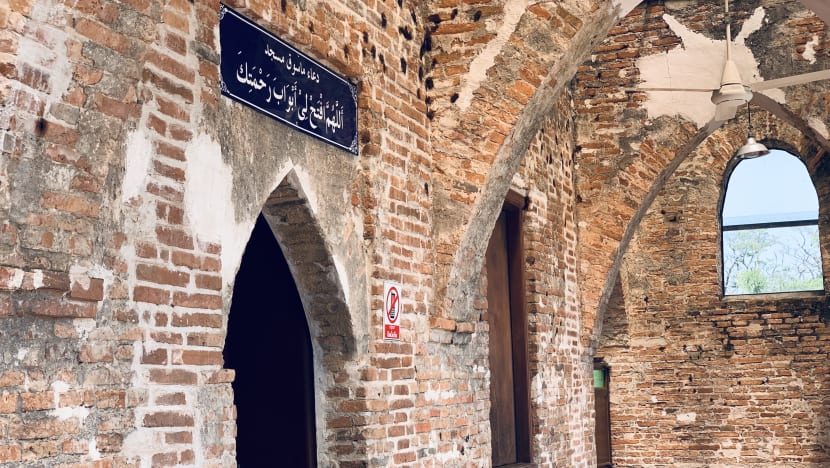
“There have been a lot of reports of abuse and human rights violations. Thousands of people have been arrested. While the separatist movements continue their armed struggle, the Thai state keeps using force and has yet to resolve the root causes,” said DSW director Dr Srisompob Jitpiromsri from the Centre for Conflict Studies and Cultural Diversity at Prince of Songkhla University in Pattani.
READ: Numbers game: How Thailand's election system favours pro-army parties
According to Dr Srisompob, the main causes of Thailand’s southern insurgency focus on the racial as well as religious identity of the ethnic Malays, who resent the Thai state, its management and assimilation policies.
“For example, their education system was changed into Thai. That has dented the power of their religious leaders, given their role in education. Their law was also changed. All the systems were changed, not mentioning what was perceived as maltreatment by Thai authorities. All these have caused the resentment,” he said.
Governance in the past reflected injustice and that has led to what we call ‘legitimacy deficit’. People don’t accept its legitimacy.
In efforts to solve the southern insurgency, Thai governments have engaged in peace talks with representatives of the separatist groups. However, the dialogue has been put on hold until a new government is elected.
PEACE AND ECONOMY
Since violence flared in 2004, more than 60,000 security personnel have been deployed along the southern border amid deepened fears and prejudices against the opposite faction. At the same time, however, development projects have begun to surface in a softer approach to address concerns.
The Southern Border Provinces Administrative Centre (SBPAC) is a state-run organisation tasked to manage and develop the region’s socio-economy and human resources. Under its leadership, several programmes have been launched to increase access to opportunities, reduce poverty and ensure justice to innocent civilians affected by the conflicts.
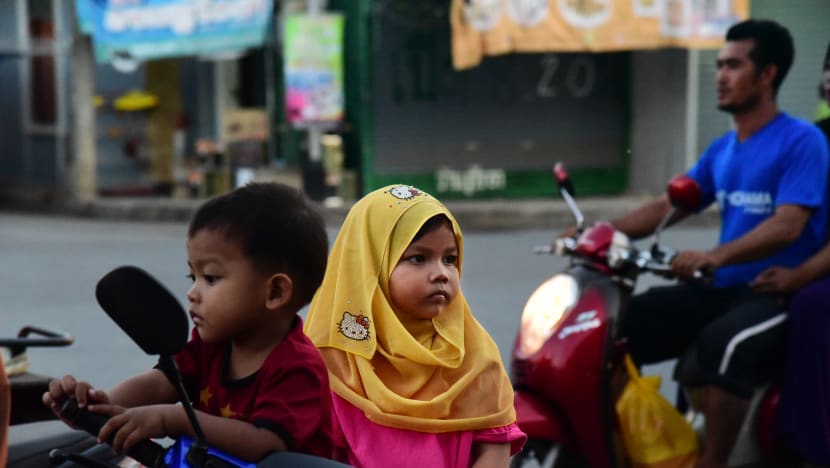
“Justice isn’t just about insurgency-related cases but also people’s livelihoods, education and beliefs. Our organisation has programmes that take care of the southern residents from birth. We’re also developing the Economic Triangle project, which includes the construction of the Betong Airport and a tourist skywalk in Aiyoeweng,” said SBPAC director Teeruth Supawiboonpol.
“The government believes these would help improve the local economy and create jobs,” he added.
“WE CARE MORE NOW”
With the election just around the corner, MP hopefuls in Thailand’s deep south are racing against time to win voters’ support. Their policies range from decentralisation of power to a monthly allowance for religious teachers in private schools. Their promises are being closely scrutinised.
“Many parties are giving so freely. It’s like they’re giving us fish instead of teaching us how to fish ourselves,” said Nimu Makaje, a prominent Muslim scholar in the south.
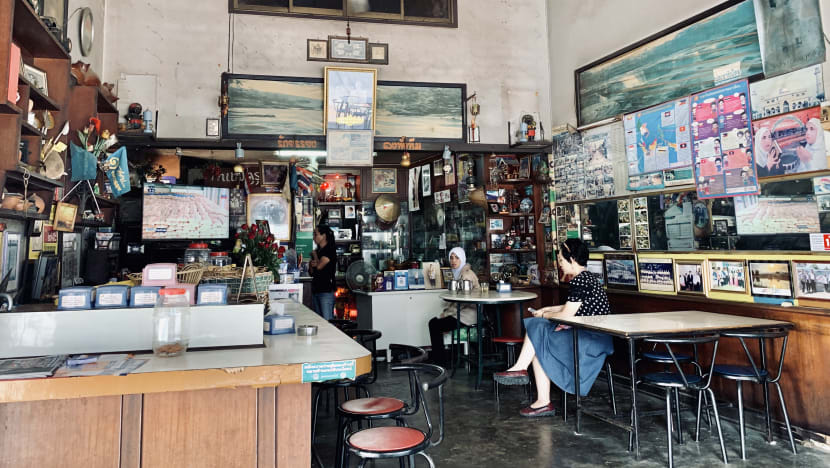
According to him, people in the three southernmost provinces want to see major improvements to the economy, a more integrated educational system and law enforcement that is transparent and fair.
“People here have been treated badly and many incidents in the past are still fresh on their mind. Their family members were killed, disabled and hurt. They won’t forget what happened,” he added.
READ: Bangkok food sellers eye return to the streets as military government faces election test
Meanwhile, excitement about the Mar 24 election is clear among voters in the far south. Political discussions are increasingly common in local tea shops and cafes as the poll approaches.
“People are very active, particularly our young people. They research about the election and talk politics more than before. In the past, they’d just follow their parents but these days, they think for themselves which candidates could serve them better,” said a tea shop owner, Jad Thipmonthian.
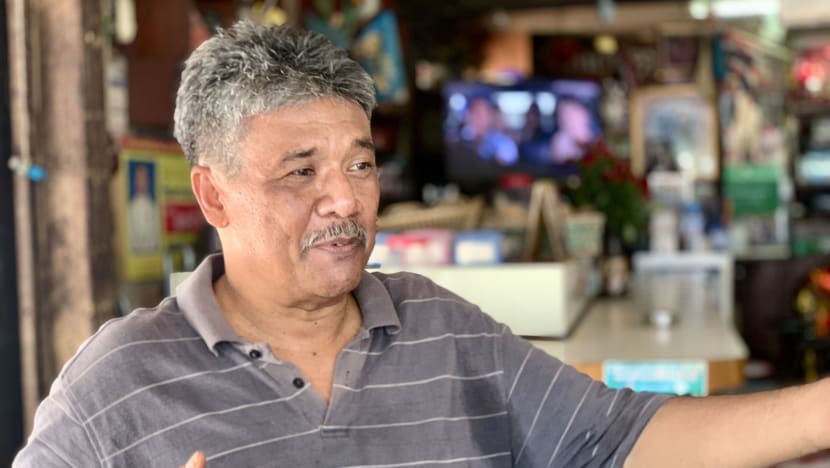
His small business in central Yala is a popular spot for political followers to exchange ideas about parties and MP candidates. The 60-year-old owner told Channel NewsAsia many people in the deep south are “fed up” with the region’s flagging economy and decades-long conflicts, and have become more careful when choosing their local representatives.
“I believe the votes in this election would be purer than ever before because Thais have become so politically active these days. We also have a lot of first-time voters who don’t like to be directed,” he said.
“We care more now and will vote for what we want.”









